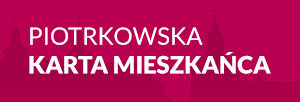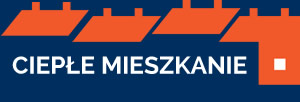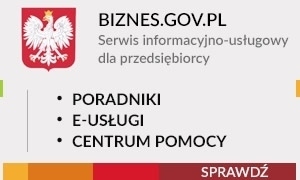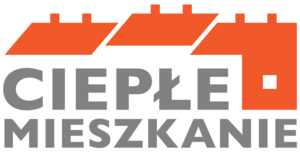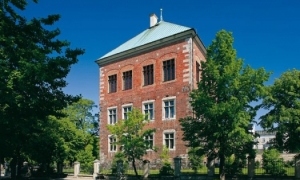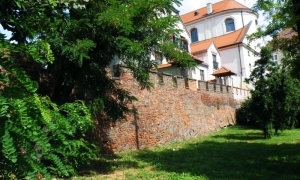Piotrków – a royal city
Since the 13th century the city held knights reunions, general reunions of Polish nobility, the clergy synods, parliamentary debates and sessions of the Crown Tribunal – the first European Supreme Court in the Old Republic (1578-1793).In Piotrków the descendants of Władysław Jagiełło started their reigns (they were chosen in royal elections). In 1404 Jagiełło himself confirmed the old privileges granted to the city. Here the great masters of the Teutonic Order paid their first homage to the rulers of Poland. Here, in 1493, Polish parliamentarism and democracy were born. At that time Piotrków was the second most important in terms of politics city of the Kingdom of Poland.
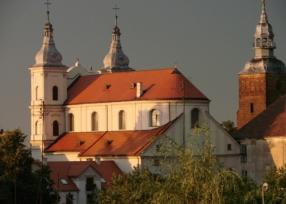 Route of Many Cultures
Route of Many Cultures
An excellent symbol of Piotrków’s multiculturalism is the figure of John Charles Samuel Hildebrandt. Born on 22nd June 1761 in Wartenberg in Brandenburg, he was the first doctor with a degree (he studied medicine and surgery at the universities in Berlin and Frankfurt) in the 18th century Piotrków and the only one in the former Sieradz Voivodeship. He was “His Majesty’s doctor” and later, during the reign of the Prussians, a county physician. Living in Piotrków from 1790, he turned out to be a dedicated doctor and philanthropist, sincerely concerned with lives, health and safety of the poor. According to numerous accounts, he offered help for people in need treating them for free, paying for their medicines, giving alms and supporting them. During the typhus epidemic he published his own instructions promoting easy ways of overcoming diseases and epidemics in “Gazeta Warszawska’ (No.21, 23 in 1813). Moreover, he personally visited patients in local towns and villages disregarding of the risk of infection.John Hildebrandt repeatedly emphasized and proved his affection to Poland as his chosen homeland. His children grew up in the spirit of being Polish: daughters found Polish husbands and three sons served under Polish banners.
The only thing that remained of that great, honourable man is a unique gravestone donated by the Jews for a German doctor belonging to Evangelical church and buried on a Catholic cemetery.
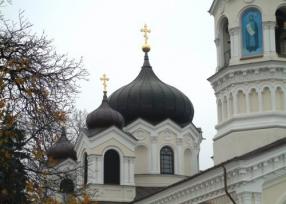 The whole Route of Many Cultures is an area where tradition intermingles with the present. One of the local legends says that Piotrków owes its origins to Czech settlers who, in the end of the 13th century, came to the city and build the Old Town with its narrow streets. However, historical sources do not mention those settlers.
The whole Route of Many Cultures is an area where tradition intermingles with the present. One of the local legends says that Piotrków owes its origins to Czech settlers who, in the end of the 13th century, came to the city and build the Old Town with its narrow streets. However, historical sources do not mention those settlers.The first foreign nation that settled in Piotrków permanently were the Jews. They are mentioned in Sigismund II Augustus’s privilege from 1569. Another ethnic and religious group that came to Piotrków were orthodox Greeks from Macedonia – fugitives of Ottoman empire admitted to our country in mid-18th century. The third group were the Protestants of German origins. They came to Piotrków in large numbers after 1793 when the city came under the reign of King of Prussia and became the seat of new administrative authorities. At that time a lot of officials, merchants and craftsmen – Evangelical-Augsburg Protestants – lived in Piotrków.
The city also became home for other nations, for example the Scottish family of Watsons. One of its members, Alexander Watson, was the city mayor during the Four-Year Sejm. In June 1791 he took the oath of allegiance to the Constitution of May 3. The next mayor was Antoni Vicini from a family of Italian merchants. He held the office for twenty years.




